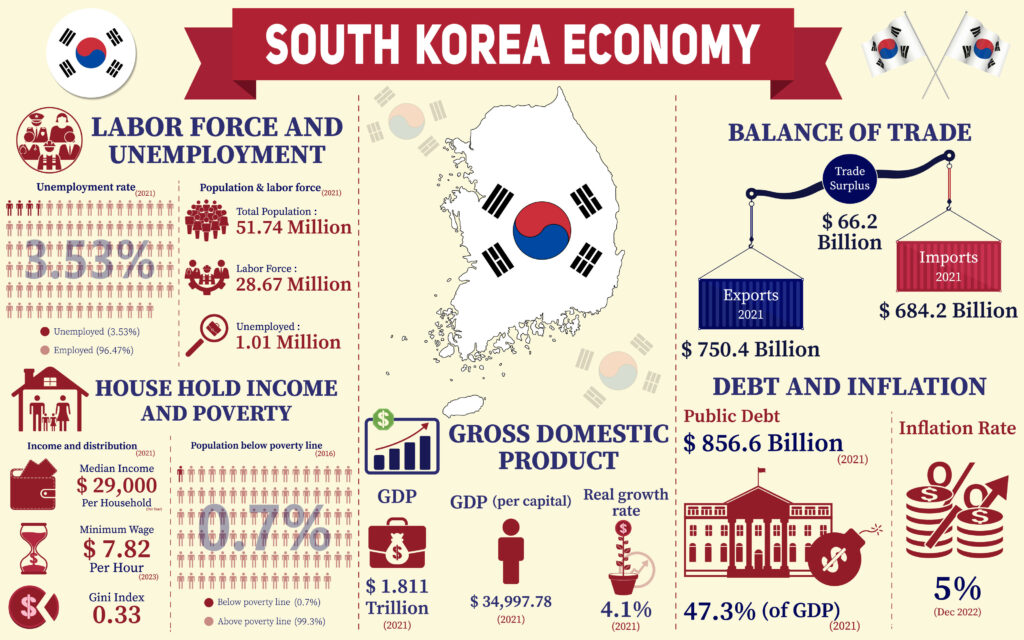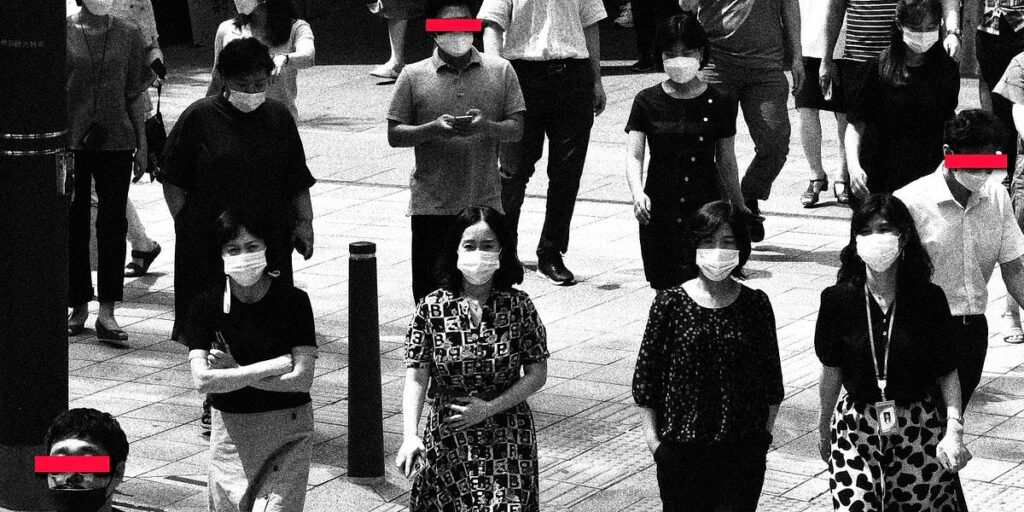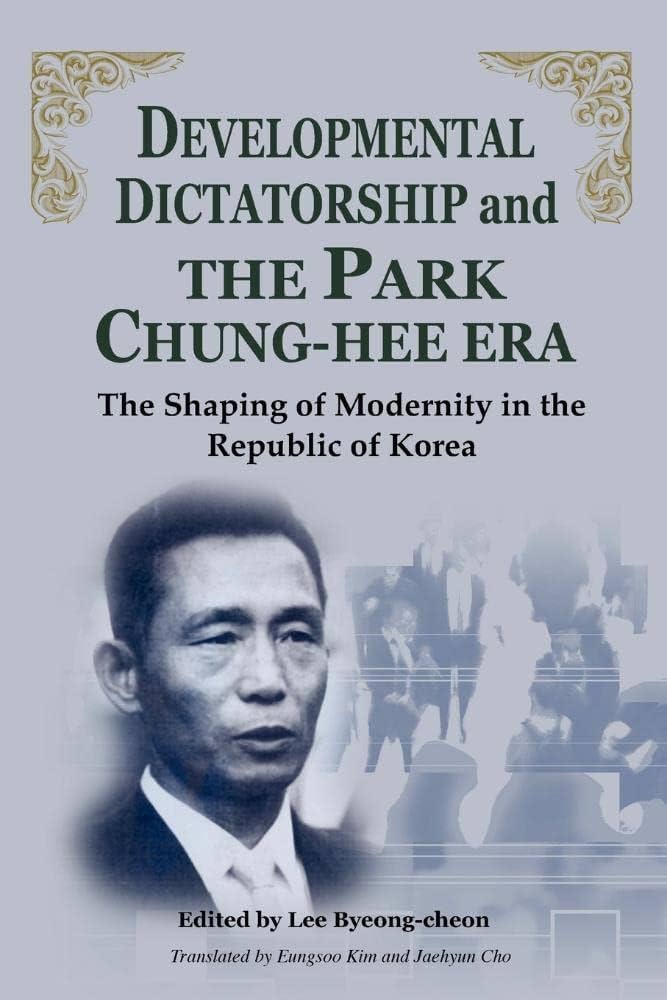South Korea, a nation known for its rapid economic development and technological advancements, is now facing a significant demographic challenge. The ageing population and declining birth rate are emerging as critical issues that threaten the country’s future economic stability and social structure.
The Ageing Population
South Korea has one of the fastest ageing populations in the world. The proportion of people aged 65 and older has been increasing rapidly, reaching over 16% of the total population in recent years. This trend is expected to continue, with projections indicating that by 2050, nearly 40% of South Koreans will be 65 or older.
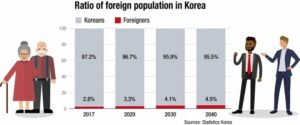
Several factors contribute to this ageing population. Increased life expectancy due to advancements in healthcare and living standards means that people are living longer. However, this longevity comes with challenges, including higher healthcare costs and a greater need for social services and support for the elderly.
Declining Birth Rate
Simultaneously, South Korea is experiencing a sharp decline in its birth rate. The fertility rate has fallen to one of the lowest in the world, with an average of 0.84 children per woman as of 2020. This rate is significantly below the replacement level of 2.1 children per woman needed to maintain a stable population.
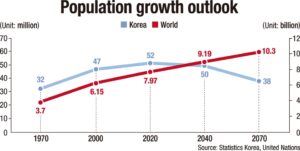
Multiple factors contribute to this low birth rate. High living costs, including housing and education, deter many couples from having more children. Additionally, the intense work culture and long working hours leave little time for family life, further discouraging childbearing. There is also a shift in societal values, with more women prioritizing their careers and personal development over traditional family roles.
Economic and Social Implications
The combination of an ageing population and a declining birth rate has profound economic and social implications for South Korea. Economically, a shrinking workforce means fewer people contributing to the economy, which can slow down growth. The increasing number of retirees also places a heavy burden on the pension system and healthcare infrastructure, straining public finances.

Socially, the demographic changes are altering the traditional family structure. With fewer young people and more elderly, there is a growing need for policies and programs to support the ageing population. The pressure on the younger generation to care for their ageing relatives is also increasing, potentially leading to greater stress and financial hardship.
Government Initiatives
The South Korean government has recognized the seriousness of these demographic trends and has implemented various policies to address them. Initiatives to encourage higher birth rates include financial incentives for families, improved childcare services, and more flexible working conditions for parents. Efforts to support the ageing population include expanding healthcare services, increasing pension benefits, and promoting active ageing.

However, despite these efforts, the results have been limited. The birth rate remains low, and the population continues to age. Experts suggest that more comprehensive and long-term strategies are needed, including societal shifts to support work-life balance, gender equality, and improved economic conditions for young families.
Conclusion
Can South Korea survive its ageing population and plummeting birth rates? The challenges are significant and require urgent and sustained attention. Addressing these issues is crucial for ensuring the country’s future economic stability and social well-being. It will require coordinated efforts from the government, private sector, and society as a whole to create an environment that supports both the ageing population and encourages higher birth rates. The road ahead is challenging, but with innovative solutions and a collective commitment, South Korea can navigate this demographic crisis effectively. Only through such concerted efforts can the nation hope to sustain its growth and prosperity in the face of these daunting demographic shifts and potential societal upheaval.
Would you like to read another article about South Korea? Click Here!


 Indonesia
Indonesia 